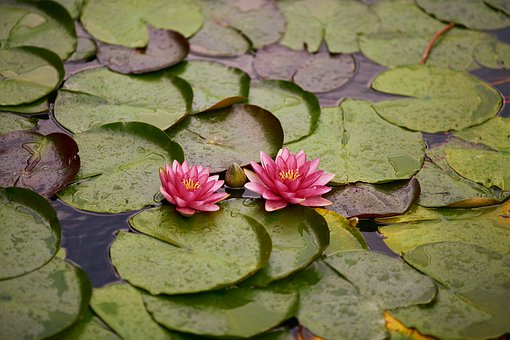True Buddhist practitioners are not pessimists even though they look upon money and fame as things of little value. This is because they are fully aware their spiritual development is not impaired by the body’s physical decline; wisdom and compassion will always follow them like a shadow in old age and even in death. Awaiting them from afar is a state of clarity and bliss; thus, far from being defeatist, they are optimistic and full of confidence. Because they have this aspiration, they can practice tirelessly and without regret. We need not fear suffering nor lose hope; with effort, we can free ourselves from the shackles of samsara and attain absolute happiness.
~Depicted from THE FOUR SEALS OF DHARMA - All Contaminated Things are Unsatisfactory











